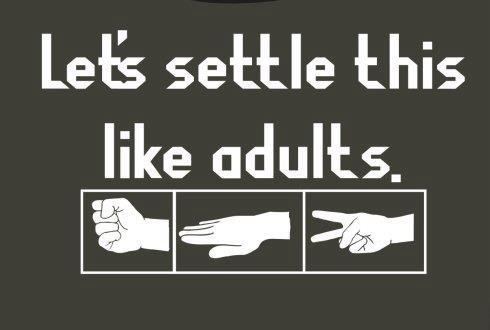Blair Hodges recommended recently the writings of N.T. Wright, and so I recently picked up his latest book, Simply Jesus, from audible.com. While I have a whole list of topics I could discuss from it, today while on my commute home, I listened to a bit about John the Baptist that got me thinking.
In Matthew 11:4, John the Baptist sends his people to ask Jesus. “Are you he who comes, or should we be looking for another?” Wright suggests some interesting context to this. The cultural expectation, as we all knew, was for the Messiah to be the King of the Jews, sent from heaven to free the oppressed and to save the Jewish people. John had been thrown in jail basically for calling out that Herod did not have the right to claim he was the king of the Jews. He was unfit for the role. Now John was being oppressed and called to Jesus to step up and fill the cultural expectation of liberating savior. In response, Jesus calls for these messengers to tell John what he’s been about, blessing, healing, and raising the dead. He states this as evidence that he is the Messiah, and then asks the John not be offended by who he is in actuality. He was not the Messiah that was culturally expected. He was and is the true Messiah.
While I could talk here about what it means to be the true Messiah, and how awesome that is, that isn’t my point. My point is that John the Baptist was a Prophet of God, and he didn’t understand what the true Messiah was. He was bound by his cultural understanding.
So here are a few thoughts:
1. Evangelicals claim Mormons are not saved because we worship a different Jesus. John the Baptist worshipped a different Jesus, it could be argued. Is John the Baptist not saved?
2. Many Mormons become disaffected when the see that someone like Brigham Young could believe something as odd as Adam being God. Why would we have higher expectations for Brigham knowing who God was than we do for John the Baptist knowing who Jesus was?
3. Many Faithful Mormons cling to statements by prophets and church leaders which now sound racist or sexist or homophobic. Can we call these things out as cultural understandings of the time? How do we gain clarity on what was cultural understanding and what was truth that is just now currently out of popularity?
Truly, we see through a glass darkly.


